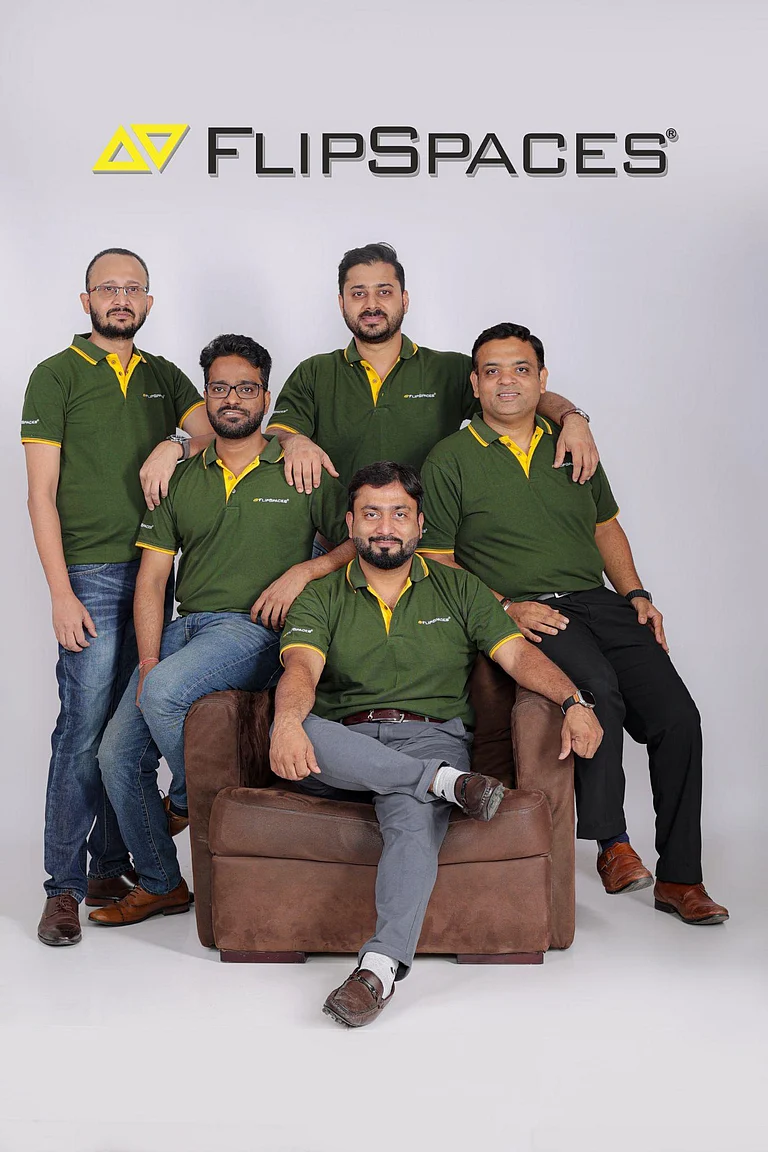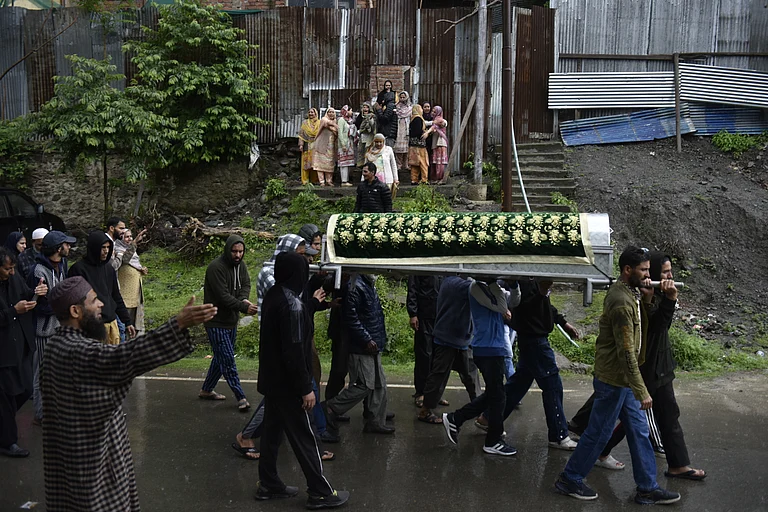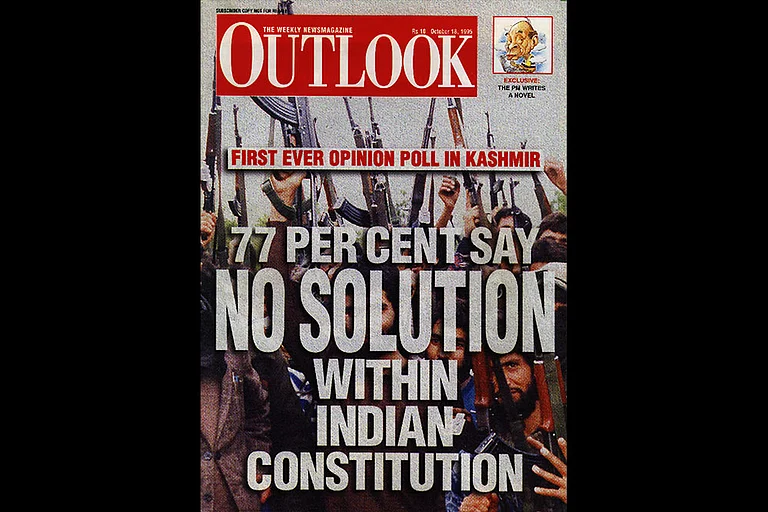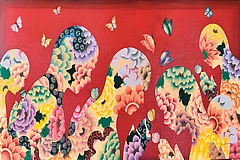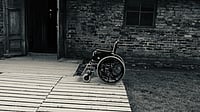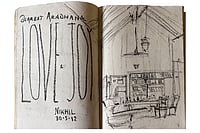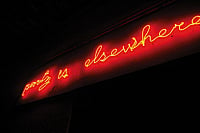I never really kept anything of mine in that cabin in the old Outlook office building for the 30 months that I was there. I never really thought I belonged there, and that wasn’t because I didn’t want to but because it is difficult for women to own spaces.
The first time I entered the building as an editor, there was a resignation letter waiting, which wasn’t addressed to me. It was because of me. The person said he had more experience and he had been around for more than two decades when I asked him to stay. I said you take the cabin. I felt apologetic about being there.
Perhaps that’s why, for months, the cabin was occupied but never really owned.
The cabin had a window that opened out to a rooftop where broken furniture was piled up to look like a shrine I had seen in a zombie film called Ravenous. That, I found familiar. That’s how I came to AB-10.
The cabin had a lot of framed Outlook covers from before my time. I asked them to put the framed photo of Vinod Mehta back in the cabin. I liked his audacity. And his sentences were sharp. Like daggers. And sometimes, they reminded me of fireflies. He had built an institution of a kind. An irreverent Outlook.

In those early days at the office in the old building, there were many resignations. That was usual, I was told. But there was a lot of trolling and accusations of all kinds. It was hard. My first few days were all about receiving resignation letters. A senior editor went on leave the day I joined. Another declared she wouldn’t listen to anything I said. I had expected men to resist and resent me, which is any woman’s experience, but I thought women colleagues and peers would be encouraging and supportive.
In that cabin, I was alone.
But that cabin became a kind of refuge. I’d sit in there thinking about what if I had not come here and gone instead to study fiction at Columbia University. Paul Beatty, a writer I liked who taught at the university, had called to say he was happy to announce that I had been admitted and there was also a scholarship.
I was 43 then, and I had decided to quit journalism. But then, I got a call from Outlook and I felt that old itch, that old longing for going out there to look for stories.
I stayed on. That cabin let me be. And even though I never brought my books or any posters to hang there, over the months, it became my little happy place.
The terrace was another space that I loved. Last year, while curating an issue on Palestine, which was an ambitious project and also one that made us so horrified at the way people were being killed, we would gather at the terrace and have a round of drinks at the end of the day.
We became braver by the day. We fell deeply in love with what stories could do.
When they told us the building was to be demolished, I was in Kashmir working on an issue on the silence in Kashmir since the abrogation of Article 370 in 2019. Strangely, that was the last issue that we took out from that old office. Outlook’s first issue was also about Kashmir.
I still want to go, study fiction at some point.
For now, I am here. Resignation letters still come in. I am no longer sad about those. The one precious gift of that old office, where I had walked in not sure if I’d be able to do it, is the calmness that has only grown over the years.
I remember sitting at night in the cabin, very hurt and sad about betrayals. Ranjit ji brought me another cup of coffee. He asked me if I’d eat something. He smiled.
I realised that it wasn’t about those who left. It was about those who stayed.
There was nothing to prove to anyone. I had come to do my thing; to see it my way, to change the way we tell stories and to figure out my way.
I am happy I got to sit in that old cabin in that old building. Even if it was for a short while.








